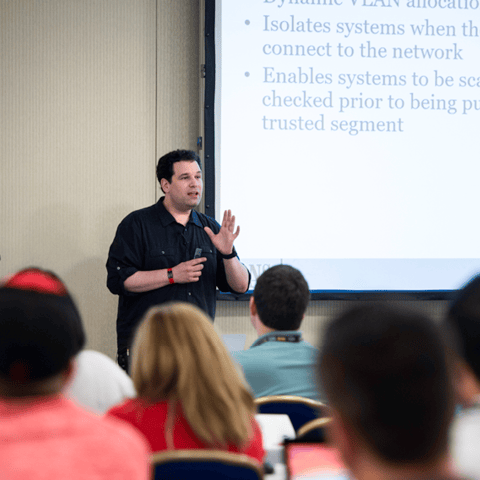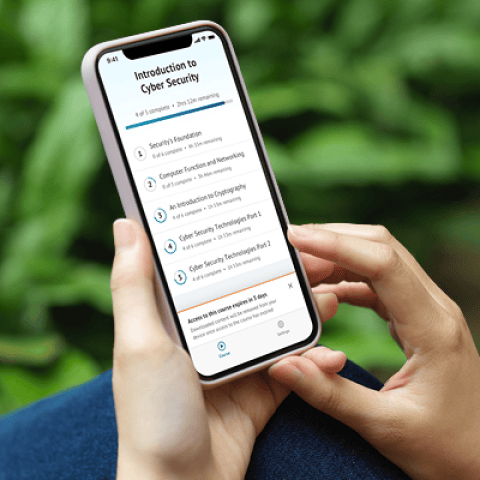SEC595: Applied Data Science and AI/Machine Learning for Cybersecurity Professionals


Experience SANS training through course previews.
Learn MoreLet us help.
Contact usBecome a member for instant access to our free resources.
Sign UpWe're here to help.
Contact Us
Apply your credits to renew your certifications
Train from anywhere. Attend a live instructor-led course remotely or train on your time over 4 months.
Course material is geared for cyber security professionals with hands-on experience
Apply what you learn with hands-on exercises and labs
FOR563 teaches DFIR professionals to harness private, local AI using Large Language Models (LLMs) for secure, hands-on investigation and analysis at scale.
FOR563 empowers DFIR professionals to integrate AI by teaching how to run private, local Large Language Models (LLMs) without exposing sensitive data to third parties. This one-day, hands-on course moves beyond generic use cases to show how LLMs can be used in a forensics and incident response context: building custom agents, analyzing logs, forensics artifacts, and databases with natural language, and fine-tuning models for specialized investigations. While focused on local models, the techniques taught can be adapted for cloud or API-based LLMs. You'll gain practical skills you can immediately apply to real-world DFIR workflows, using AI effectively and at scale.


Mari DeGrazia loves the satisfaction of solving a good puzzle. That fascination paired with her technical abilities has made digital forensics the perfect career fit. She has 20 years of experience in the IT industry, including 10 years in DFIR.
Read more about Mari DeGraziaExplore the course syllabus below to view the full range of topics covered in FOR563: Applied AI for Digital Forensics and Incident Response: Leveraging Local Large Language Models.
Section 1 introduces students to the real-world application of Large Language Models (LLMs) in digital forensics and incident response. Students will learn how to deploy local models, build custom agents, and analyze structured forensic data using natural language, all in a private, GPU-backed environment.

Get feedback from the world’s best cybersecurity experts and instructors

Choose how you want to learn - online, on demand, or at our live in-person training events

Get access to our range of industry-leading courses and resources